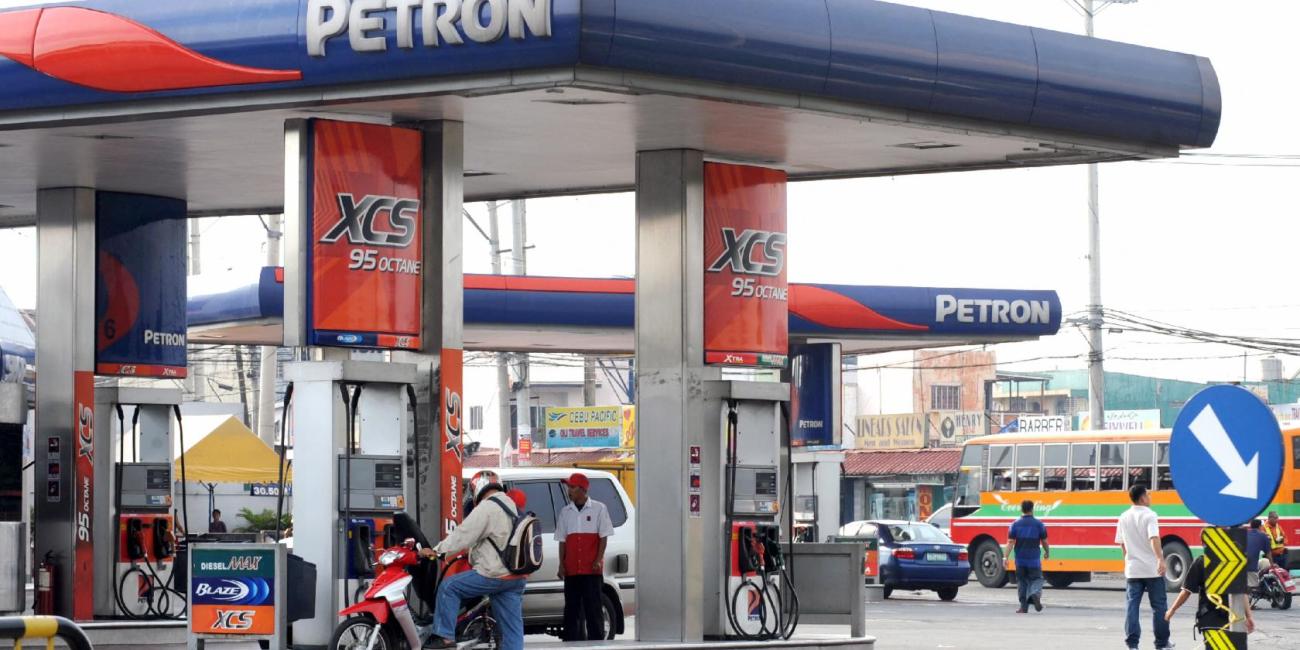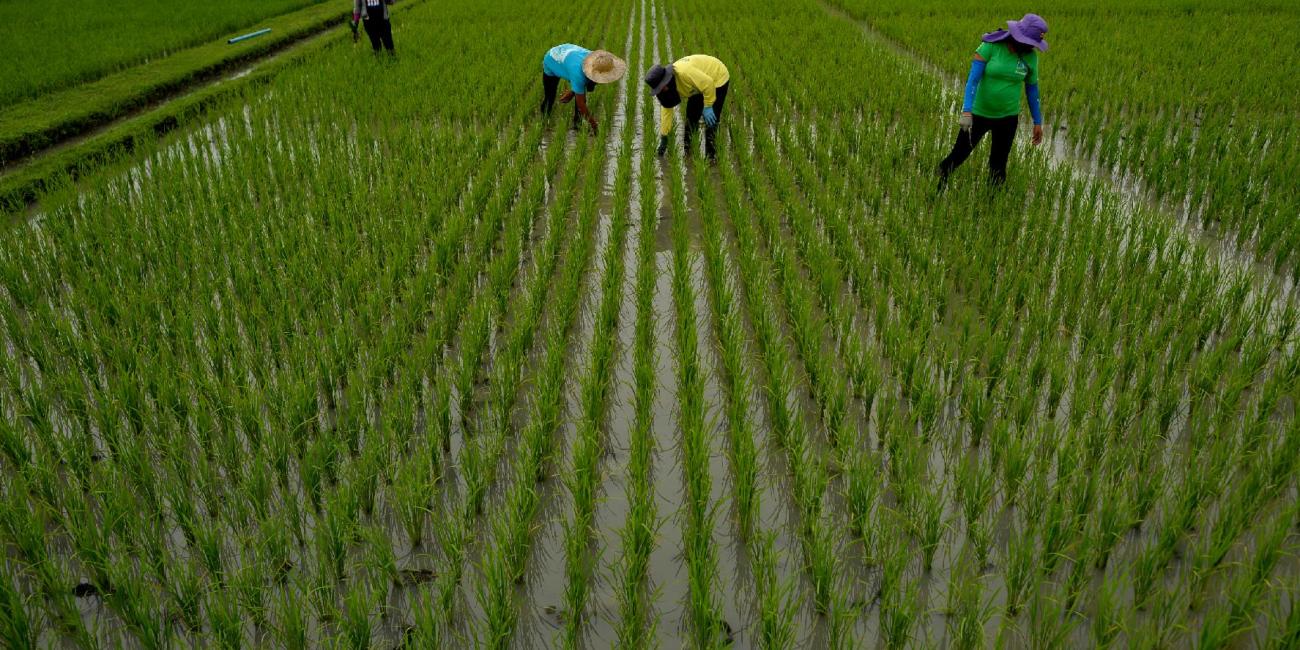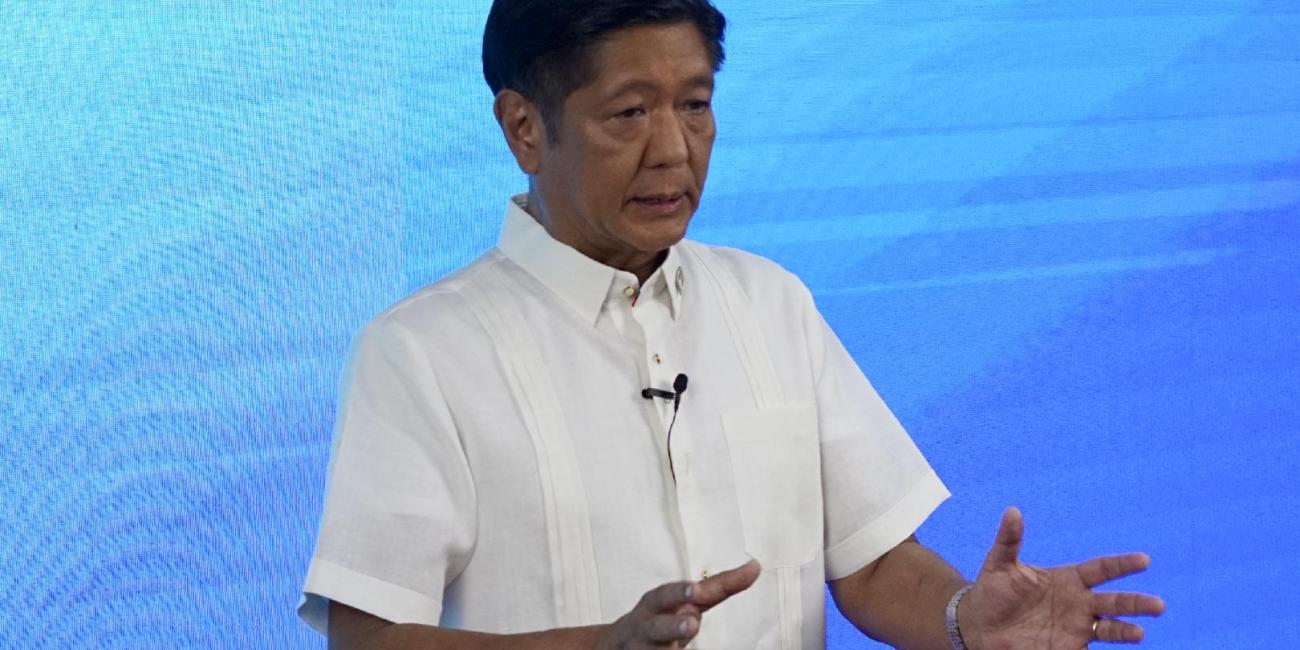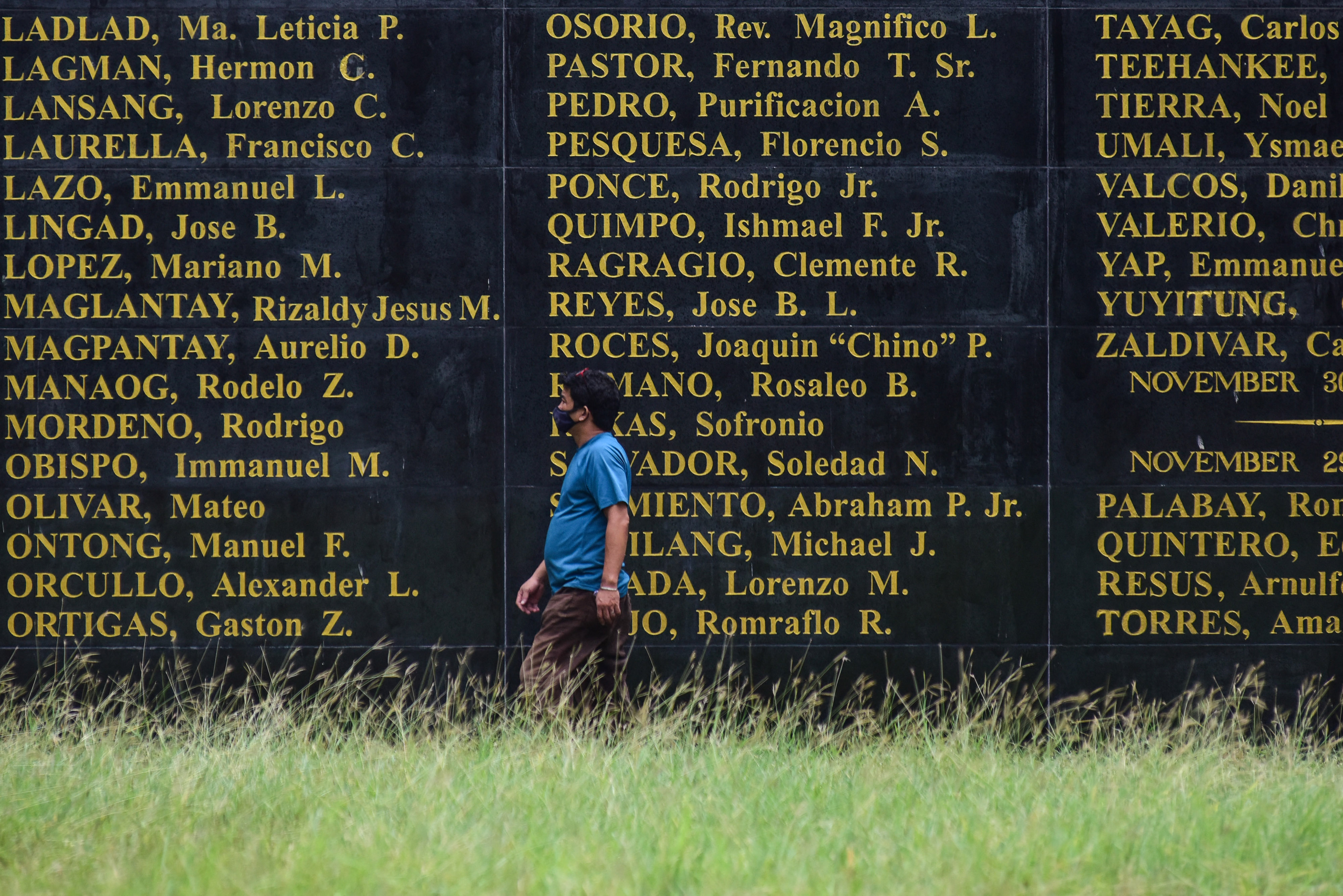
Misleading claim about Marcos human rights abuses resurfaces ahead of 2022 Philippine polls
- This article is more than three years old.
- Published on April 20, 2022 at 11:22
- 3 min read
- By AFP Philippines
The video was shared on Facebook on March 3.
It shows senatorial candidate Luke Espiritu making impassioned remarks about human rights violations under Marcos.
Espiritu cites figures from Amnesty International that thousands were killed and tens of thousands tortured and imprisoned during Marcos's martial rule.
This clip is juxtaposed with old footage of Marcos speaking to the media in the United States on September 17, 1982.
The dictator was asked to respond to an Amnesty International report that found cases of torture, disappearances and illegal detentions in his country. Marcos said: "Well, I'll tell you that the Amnesty International has never come to the Philippines. That's why all they talk about is something that they obtained, hearsay…"
The post's caption repeats the accusation that the rights group did not visit the Philippines during the Marcos presidency between 1965 to 1986.
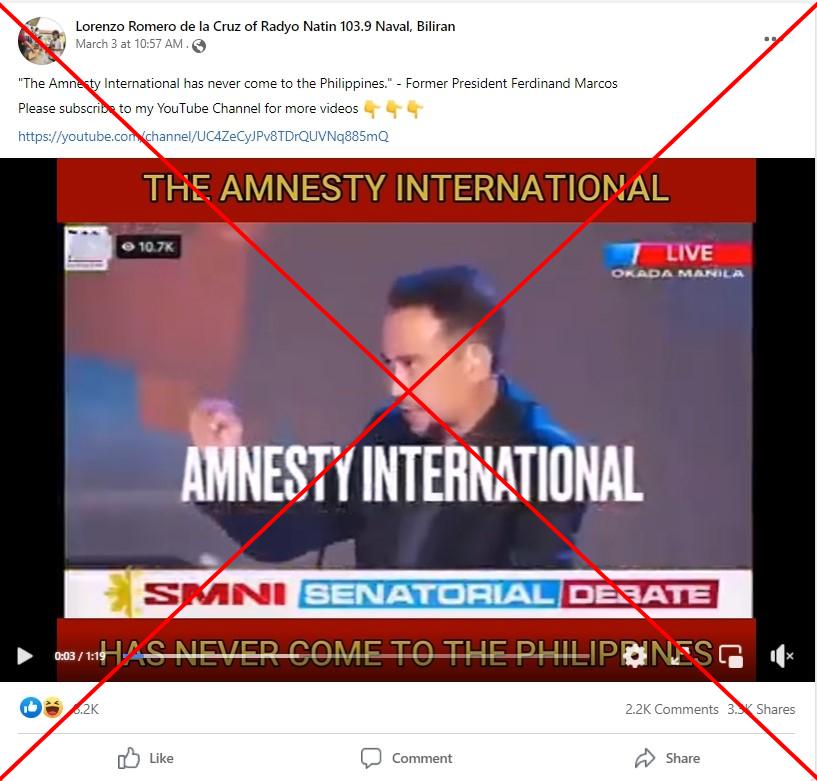
The post circulated online as Philippine social media exploded with support for presidential favourite Ferdinand Marcos Jr -- son and namesake of the late dictator -- driven by a massive misinformation campaign aimed at revamping the family brand and smearing his top rival.
Critics and opponents accuse Marcos Jr and his supporters of trying to portray his father's two-decade rule as a golden age of peace and prosperity while whitewashing human rights abuses and the plundering of state coffers.
Similar videos with the same claim were also shared on Facebook here, here and here, and on TikTok here, here and here.
These posts are misleading.
First mission
"Researchers visited the country in November 1975 to carry out on the ground research and interview President Marcos," a representative for Amnesty International told AFP.
Keyword searches found findings from the mission were published the following year here.
The report says investigators "had not anticipated the extent to which torture was practised against martial law detainees… over 70% of the prisoners interviewed by the mission said they were tortured."
Bonifacio Ilagan, one of the detainees mentioned in the report, told AFP he was interviewed by Amnesty International.
"That AI visit to the 'impregnable' torture unit that was the 5th Constabulary Security Unit was unforgettable... I sure still remember that day when the two AI representatives interviewed me," he told AFP on April 4.
The 1975 visit was referenced in a human rights report released here by the US Department of State in 1977.
"Amnesty International visited the Philippines during 1975. The report of the Amnesty International mission, released on September 15, 1976, detailed cases of torture and other human rights abuses," the state department report reads.
Second visit
Amnesty International had another visit to the country in 1981, according to the group's representative.
"In 1981, Amnesty researchers visited again to document further cases of torture, disappearances and killings that took place from 1976 onwards," the representative told AFP.
Findings from this subsequent mission were published the next year here.
This visit was referenced in reports by the New York Times and United Press International published in 1982.
Both reports state Marcos then accused Amnesty International of not visiting the Philippines before preparing its report -- a claim the rights group denied.
Human rights violations
Amnesty International has estimated that during the period of martial law between 1972 and 1981, "some 70,000 people were imprisoned and 34,000 were tortured; over 3,200 people were killed."
Human rights victims during the dictatorship are eligible for reparations under a landmark law enacted by former Philippine president Benigno Aquino III in 2013.
Between 2014 and 2018, the government paid reparations to over 11,000 victims and their relatives.
Copyright © AFP 2017-2026. Any commercial use of this content requires a subscription. Click here to find out more.
Is there content that you would like AFP to fact-check? Get in touch.
Contact us
